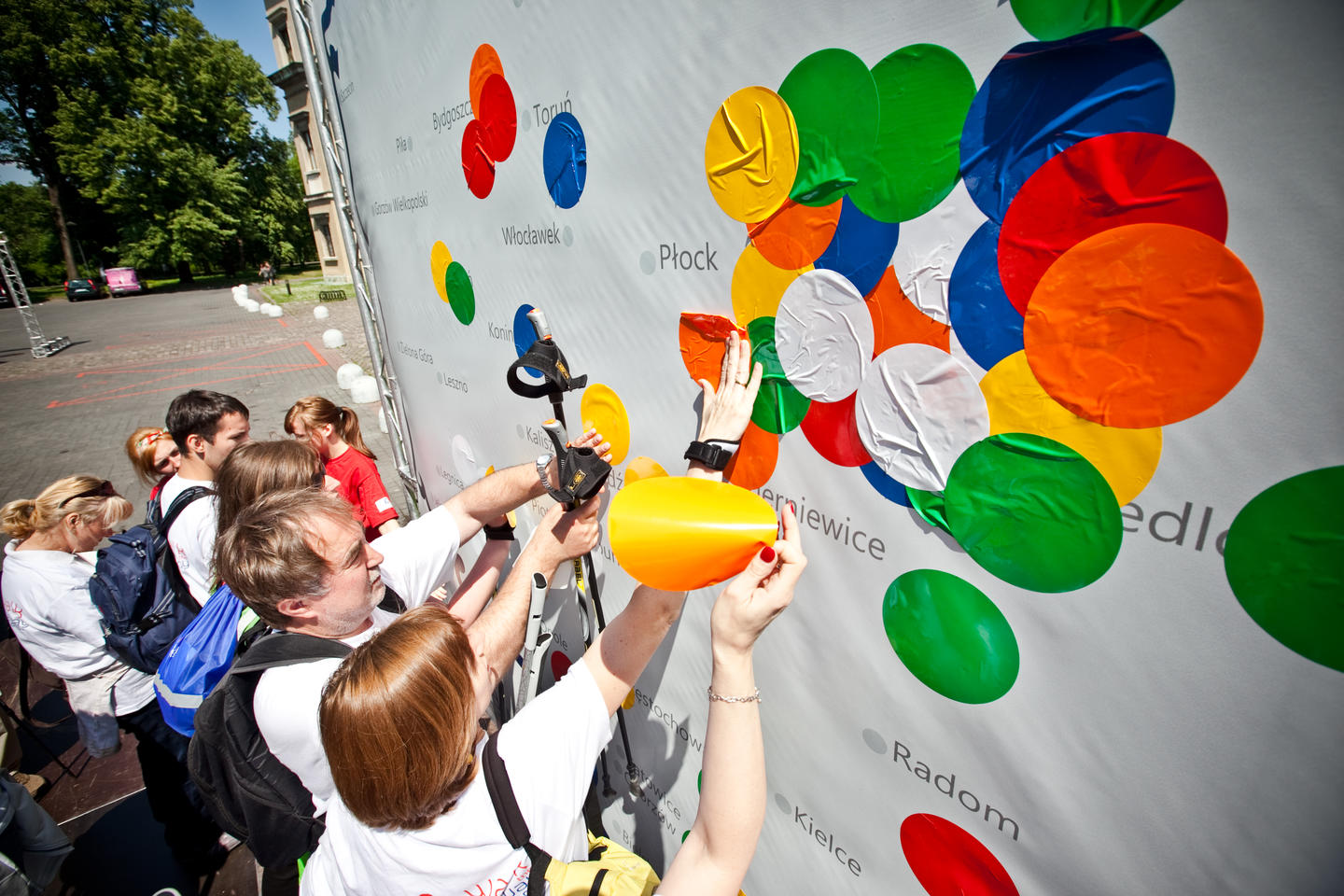With all agreements now in place, the ‘programming phase’ can get underway in all beneficiary states. For many countries this has already begun.
Around 70 out of the 144 expected programme proposals have already been received. Proposals are appraised by the Financial Mechanism Office - the secretariat for the Grants - before being submitted to the donor countries for approval.
Following approval, programme operators may launch calls for project proposals. Projects receiving support from a programme may be implemented until 2016.
A key feature of the Grants will be bilateral partnerships at both programme and project level.
One-third to green funding
Taking a step back, where is the funding going? In line with needs in the countries involved and wider European priorities, funding to the environment – broadly speaking – dominates.
Environment, climate change, carbon capture and storage (CCS) and green innovation account for more than €640 million or 36% of the total funding. Support to both environment and climate change (EEA Grants) and CCS (Norway Grants) exceed the minimum thresholds set out in the agreement with the EU.
Green industry innovation is a new investment area. Worth €99 million, this funding from the Norway Grants is targeted at small and medium sized enterprises and aims to increase the use of environmentally-friendly technologies, spur green job creation and increase competitiveness of green businesses.
‘Going green’ is a key to developing competitive and sustainable economies in Europe. Programmes in this field have been set up in seven countries where they will offer opportunities for local businesses to cooperate with Norwegian companies.
Boost for civil society
One of the major successes of the previous funding round was the targeted support to civil society through dedicated funds for non-governmental organisations (NGOs).
Building on this success, NGO Funds are being set up in all 15 countries. The €147 million in dedicated funding from the EEA Grants represents an increase of of over 70%.
Through the NGO Funds, Iceland, Liechtenstein and Norway aim to contribute in areas such as fostering active citizenship, increasing NGO-involvement in policy and decision-making processes, promoting human rights and empowering vulnerable groups. Social justice, democracy and sustainable development are in focus.
Tackling inequalities
Significant support is also in place for human and social development programmes (health, children and youth at risk, social inclusion for vulnerable groups and gender equality). These amount to €323 million.
In several countries and programmes, special attention will be given to improving the situation for the Roma population, within areas such as education, health and justice.
In Greece, there is considerable funding to improve the asylum and migration system, focusing, in particular, on the situation of unaccompanied asylum-seeking children.
Other key areas include research and scholarships (€137 million), justice and home affairs (€142 million), protecting cultural heritage (€188 million) and decent work (€8 million).
These new schemes provide welcome support in many areas at a time when many countries have been hard hit by the economic crisis, with unemployment on the rise and social inequalities increasing across Europe.
Strengthening bilateral relations
The Grants aim not only to reduce social and economic disparities, but also to strengthen bilateral relations. The considerable efforts undertaken to ensure a significant bilateral dimension during negotiations have proved fruitful.
More than half of the programmes will involve partnerships and cooperation between public authorities or organisations in the countries providing funding and the countries benefiting from the Grants.
The programme partners are mostly Norwegian, but also Icelandic and Liechtenstein entities are involved. They will all play an advisory role in programme development and implementation, and help facilitate bilateral partnership projects.
Partnerships continue to be encouraged at the project level, and bilateral funds in each country will also be available to facilitate networking and partner search. Previous experience shows that building on existing partnerships is valuable, and it is expected that partnerships established under the previous funding period may seek new funding in this round.
Above: The achievements of more than 400 projects and funds implemented in Poland were celebrated in Warsaw in May 2011.
(Photo: Mateusz Pieczko)
